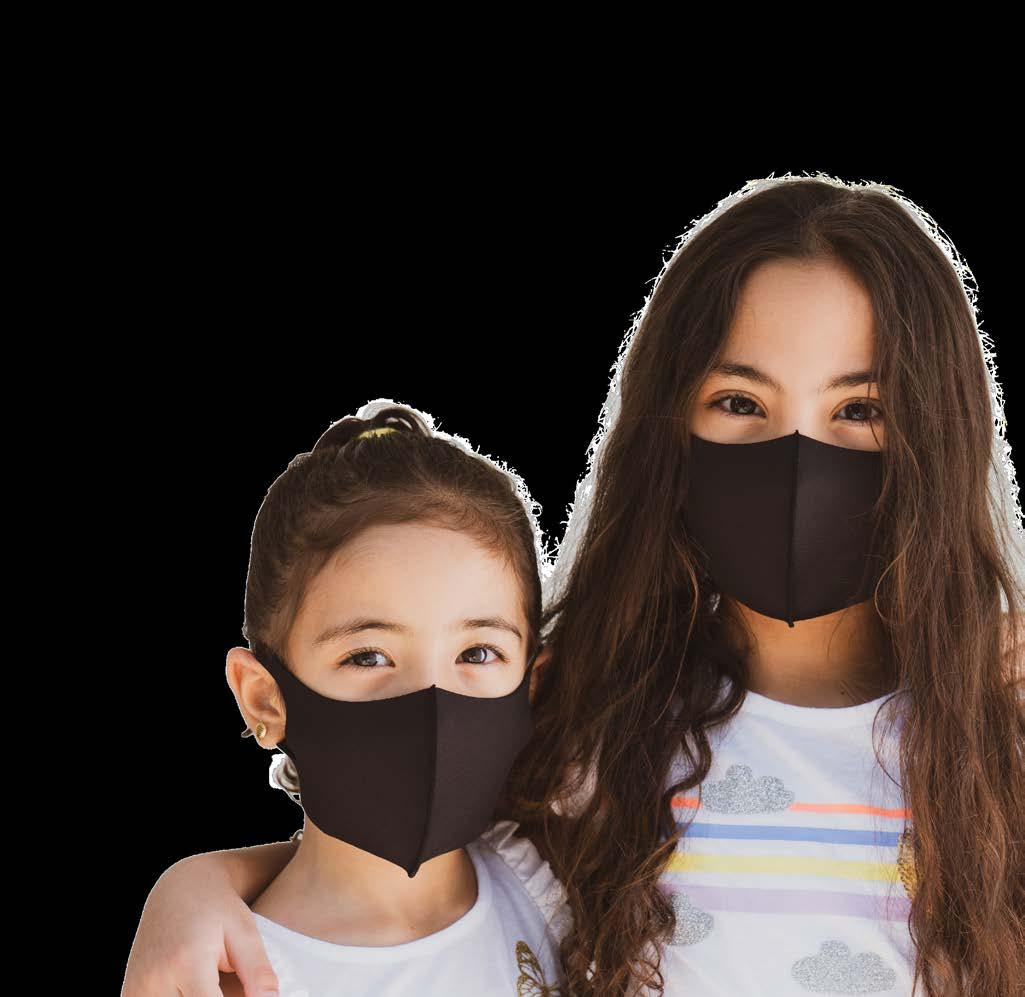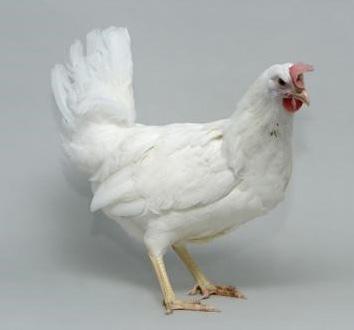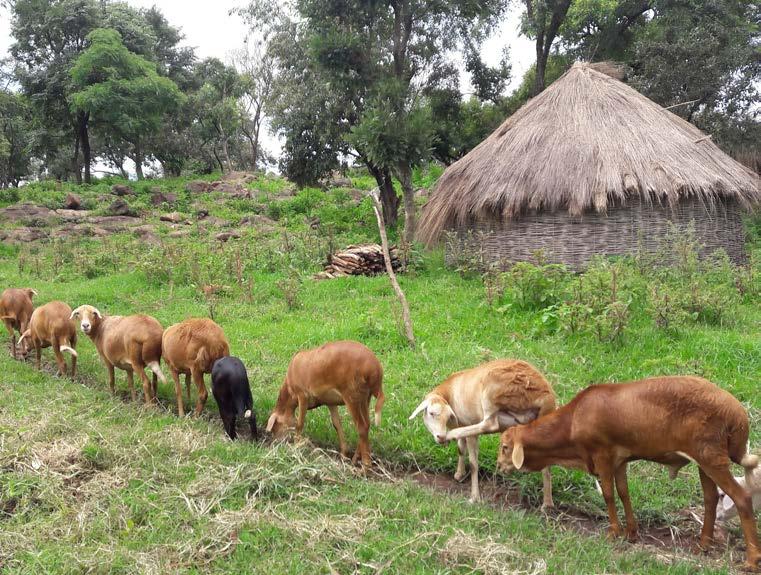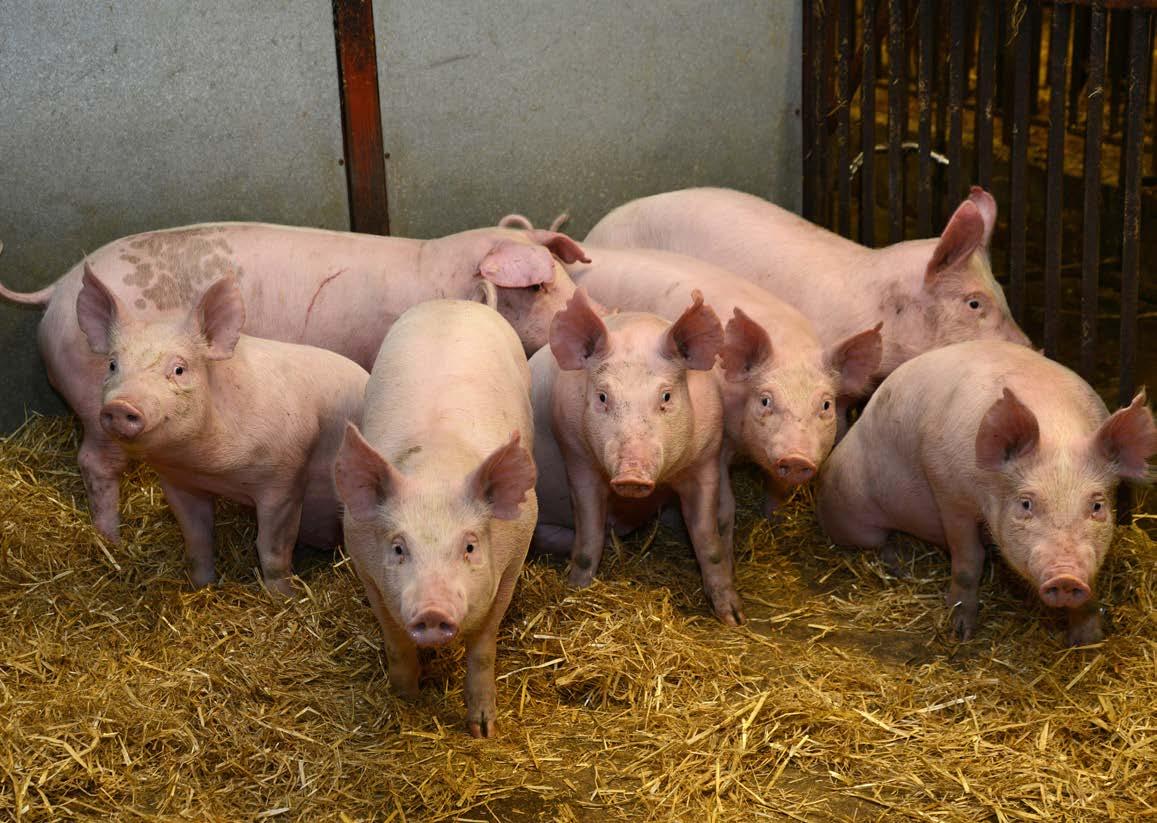
7 minute read
May Equine anaesthesia study gathers data. Page 13. Jun Covid-19 dashboard
by thedickvet
Experts devise system to identify Covid-19 outbreaks
Scientists are developing a Covid-19 early warning system by combining data on vaccine uptake with wastewater testing.
Advertisement
The project will forecast the pandemic’s trajectory, allowing experts to identify potential hotspots early, predict stresses on hospitals and intensive care units, and create more focused access to vaccines.
The project, led by the Roslin Institute, is a partnership between the Universities of Edinburgh, Glasgow and Stirling, Scottish Environment Protection Agency (SEPA) and Scottish Water.
Protein linked to severe Covid-19
Patients with severe Covid-19 have been found to show increased levels of a key protein in their blood, in a development that could help identify those most at risk.
Levels of the protein, called GM-CSF, were nearly 10 times higher in those who died from Covid-19 than in healthy individuals, the study has found.
Increased protein levels could help to identify patients at risk in early stages of disease and provide a target for new treatments, researchers say.
DNA variations linked to severe Covid-19 risk
Specific variations in DNA are associated with patients developing the most severe form of Covid-19, a large international study involving scientists from the Roslin Institute has found.
Factors such as smoking and high body mass index also cause patients to suffer from acute Covid-19, scientists reported.
The findings partially explain why some people become seriously ill with Covid-19 and could provide targets for future therapies using repurposed drugs, experts say.
Study gives clues on animal origin of coronavirus
Further clues about the potential origins of the novel coronavirus and its transmission to humans have been revealed in a study of coronaviruses’ genes in different species.
An ancestor of the virus was once present in both bats and pangolins before reaching humans, the study suggests, adding to previous support for this idea.
However, further research is needed to find the animal coronavirus that first infected people, scientists concluded.
Covid experts in the media
Researchers from Roslin have given expert opinion on the Covid outbreak to national press such as The Times, The Guardian and BBC News, and their studies have been covered by national and international media outlets including Reuters, Sky and Bloomberg.
Global network formed to investigate coronaviruses
A new international network brings together researchers in animal and human coronaviruses to further understanding in a range of fields, such as disease transmission and immunity. The network aims to enhance knowledge of this important virus family, to inform response strategies for future outbreaks.
Covid-19 dashboard tracks spread across Scotland
An online resource has been developed by statisticians and modellers from the Roslin Institute and Biomathematics and Statistics Scotland to demonstrate the detailed spread of Covid-19 infections across Scotland. The Tracking and Modelling for Scotland dashboard provides interactive, detailed weekly maps to track disease spread and inform control strategies.
The data and mathematical modelling results presented will help in formulation of timely, targeted, evidence-based, public health responses to Covid-19.

Surrogate cockerels and hens produce donor breed chicks
Sterile male and female chicken eggs have been implanted with reproductive cells from donor birds and the resulting chickens mated together, to produce chicks of the donor breed.
The chicks showed characteristics inherited from their real parents, the donor birds, along with the edited change to their DNA, rather than their surrogate parents.
The outcome, using gene editing, demonstrates an efficient way to introduce beneficial characteristics – such as tolerance for warm climates, or disease resistance – from one chicken breed to another.
Beneficial genes can be transferred from one breed into another via gene editing of embryos, in a single generation.
The approach could also help safeguard rare chicken breeds, by storing frozen reproductive cells.
A team from the Centre for Tropical Livestock Genetics and Health (CTLGH) and the Roslin Institute, with their commercial partner CobbEurope, demonstrated their approach by using sterile male and female chickens, known as empty nest chickens, to transfer feather characteristics between breeds.
Researchers demonstrated their approach by repairing a natural genetic change that causes distinctive white plumage in the White Leghorn breed. The chicks born to the sterile chickens had a black plumage.
Similarly, the team introduced a distinctive curly feather, which is believed to help Western African breeds cope with hot climates, into chicks bred from Light Sussex chickens, a British breed.

Rainfall drives adaptation in Ethiopian sheep
Rainfall may have a significant influence on the evolution of sheep in Ethiopia, researchers have found.
Genetic variations in sheep DNA are more linked to precipitation levels than to temperature or altitude, analysis of their genetic make-up and climatic data suggests.
Scientists also identified specific genes that may be involved in the adaptation to environmental factors.
A better understanding of environmental adaptation in native livestock breeds may help inform breeding and management strategies in tropical countries such as Ethiopia, where one-third of smallholders own sheep.
The study, led by the Roslin Institute and Centre for Tropical Livestock Genetics and Health (CTLGH), analysed the DNA of indigenous sheep living in different parts of Ethiopia.
The group sought to investigate if the environment had influenced changes in the sheep’s DNA to help them to thrive in different climates.
Researchers from the Roslin Institute, Scotland’s Rural College (SRUC), the International Livestock Research Institute (ILRI), and the International Centre for Agricultural Research in the Dry Areas (ICARDA) worked with collaborators from the University of Nottingham, Libya, Ethiopia and Australia on the study. “Ethiopia is an ideal setting to investigate environmental adaptation in livestock, owing to its large range of climatic conditions and the rich genetic diversity of its livestock. By examining related sheep populations from a limited geographical region, our study was able to focus more specifically on the impact of environmental variables, giving us a greater degree of confidence in our results.”
Poultry study points to genes linked to food bug

Research has identified genes in chickens that could offer resistance to harmful bacteria commonly found in poultry, and could inform ways to limit the risk of associated food poisoning in people.
The study, led by a team from the Roslin Institute, has identified a large number of genes in chicken guts that may determine whether the birds are resistant to Campylobacter.
The insights could inform research towards breeding chickens that are less likely to carry Campylobacter bacteria, and so limit the risk to poultry consumers.
Scientists tested the effects of Campylobacter infection on chickens that were bred to be resistant or susceptible to the bacteria.
Analysis of gut tissue showed differences in activity of a large number of genes, including some involved in immunity, such as the so-called Major Histocompatibility Complex and antimicrobial peptides.
The variation between these genes in susceptible and resistant chickens may partly explain their response to Campylobacter.
These findings, published in BMC Genomics, reinforce previous research by the same team. The Roslin Institute and animal genetics company Genus have signed an agreement to produce pigs that are resistant to a respiratory disease which costs around $2.5 billion each year in the US and Europe alone.
Researchers and the company hope the licensing agreement will lead the way to geneedited, disease-resistant pigs being available to global pork-producing markets.
With the signing of the agreement, facilitated by the University’s commercialisation service Edinburgh Innovations, Genus will continue planned work for testing multiple generations of pigs and conducting studies required for approval by the US Food and Drug Administration (FDA).
Porcine Reproductive and Respiratory Syndrome (PRRS) causes breathing problems and deaths in young animals and can result in pregnant sows losing their litters.
Vaccines have mostly failed to stop the spread of the virus that causes PRRS, which is endemic in most pig-producing countries worldwide.
The Roslin Institute has produced pigs that can resist the disease, by editing their genetic code. The research received funding from Genus and the Biotechnology and Biological Sciences Research Council.
“Roslin is rightly recognised for pioneering animal biotechnology that enables genetic engineering of farmed animals. The strong, productive and durable partnership with Genus has been a key aspect in seeing academic endeavour translate to useful and useable translational projects for the livestock sector.” - Professor Bruce Whitelaw, Interim Director of the Roslin Institute and Dean of Innovation.
“We have long and fruitful relationships with Roslin and admire the depth of Roslin’s research and pioneering spirit. Together we laid out the groundwork for combating PRRS, and Genus is working with the FDA to obtain approval for this technology.” - Dr Elena Rice, Chief Scientific Officer at Genus PLC.








